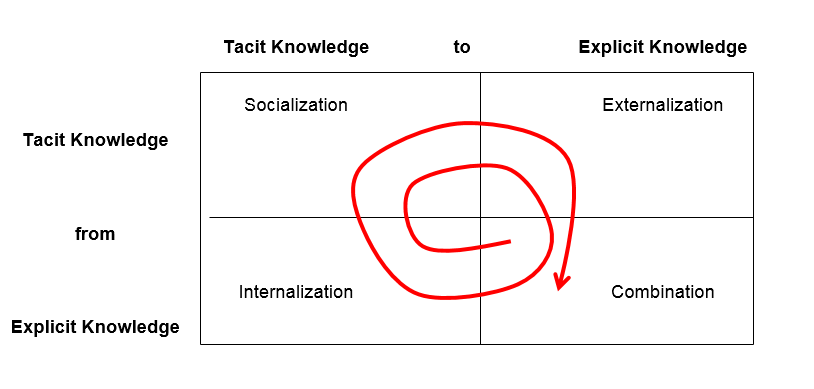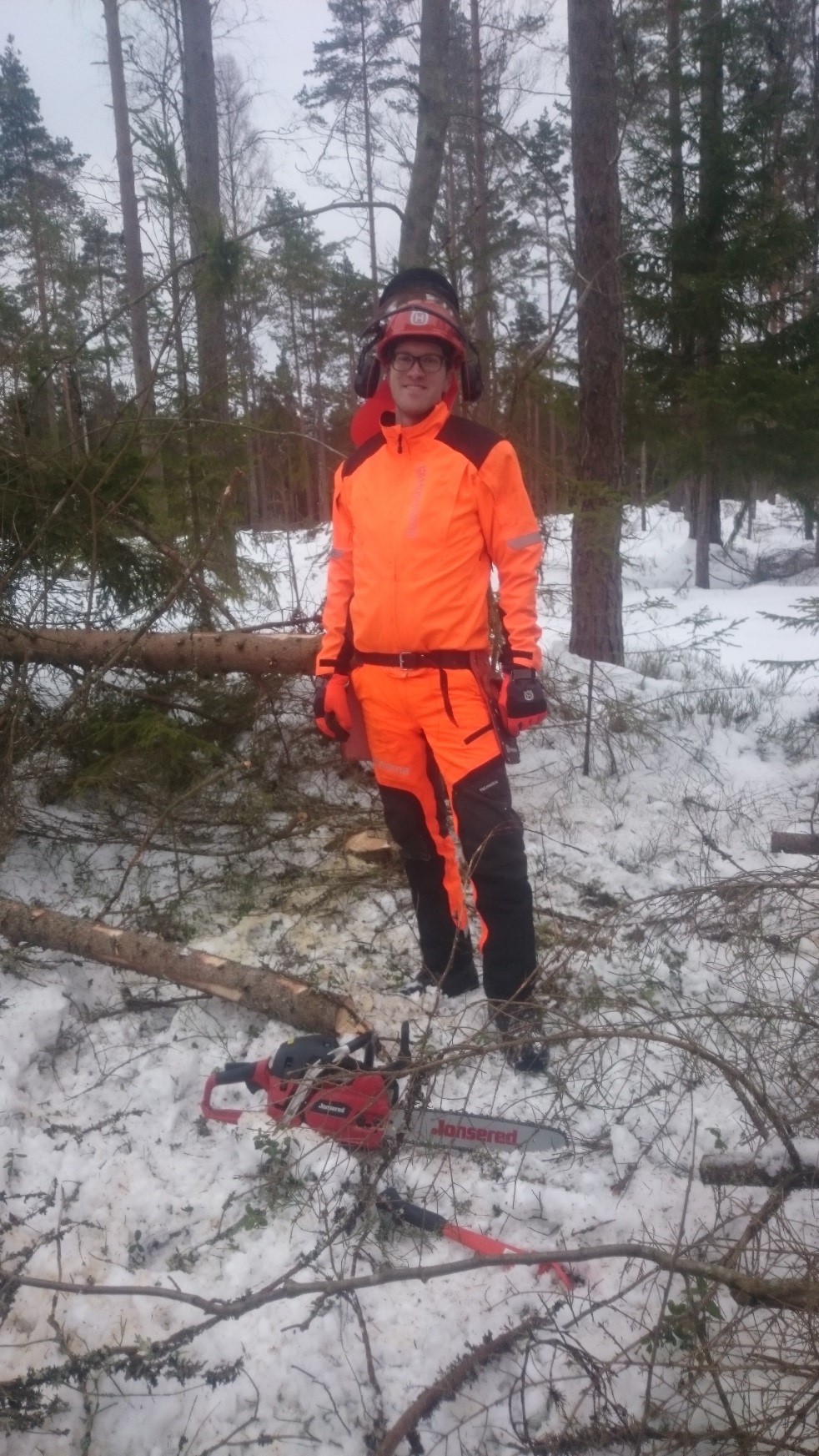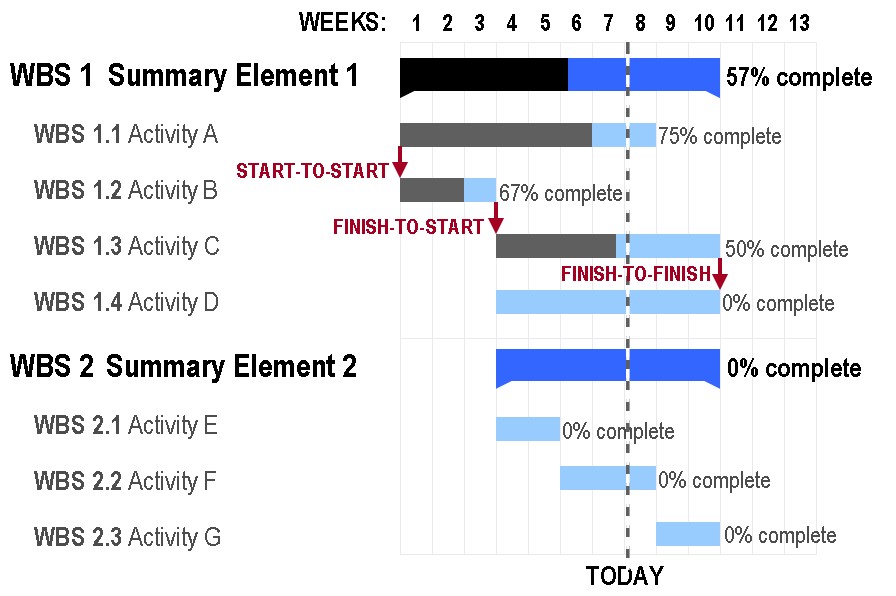Two years as a Husqvarna Trainee: Lessons Learned from Charlotte to Kuala Lumpur
May 19
I’m currently working in the Product Quality function and one area that I have been investigating is lessons learned. One common problem within most organizations is knowledge management and how to improve it e.g. how can we learn from past mistakes so that we do not repeat them and spread best practice from successful projects. Since I will soon finish my two year trainee program I want to document and share my own lessons learned in this blog post so that you as a presumptive trainee can learn from my past experience.
Before I start it should be noted that with knowledge I make the distinction between tacit and explicit knowledge. Tacit knowledge is something that comes from experience and that you have to train or practice in order to become better at. Take for example learning how to ride a bicycle, no matter how many books you read on that topic I doubt that you would be able to ride a bicycle successfully without practice. Explicit knowledge on the other hand is written text or spoken instructions that you can internalize and use on your own.

Spiral of Knowledge Creation, by Nonaka & Takeuchi (1995)
My most important lesson is that in order to succeed you need to be curious and ask questions regarding your line of work. Most people are happy to answer your questions given that you’ve do some research by yourself first so that you are able to ask follow up questions. When you work as a trainee and keep switching functions you need to figure out what is important in order to succeed with your current assignment and the best way to do that is to listen to your colleagues. Listen to what they are discussing and when you start to make sense out of it start asking questions and see how you can bring new perspectives to the discussions. Because you have a privileged position in the organization since you get to experience how different functions interact with each other and you can therefore become a bridge between them and present your view and perspective.

Example of tacit knowledge: chainsaw training with colleagues from Huskvarna R&D
When I started at Husqvarna I had limited experience of working with outdoor power equipment but after a while all the different products started to make sense to me. My favorite questions for learning in the beginning was (and still is) “What is the application” and “Who is the customer” for a specific product. By asking that I could piece together why Husqvarna have certain products, where and to whom they are sold. Once I grasped that I could start discussing more in depth questions such as what changes should be done to the product range.
Second, one way of rapidly making sense of your new assignments is to create structure and try to plan ahead even if you only have limited experience in the given area. Most likely you will need to revise your plan as you go ahead but just by forcing yourself to think about how you want to go about with a project will help you figure out what you need to investigate more. Because typically you are confronted with something that you have not done before but you are given a goal that you need to reach and what is expected of you. But by planning ahead and setting a structure you can work backwards from your goal and you can figure out different possibilities for how to succeed.

One way of creating structure in a new project is to use a Gannt-schedule with Work Breakdown Structure (WBS) (Source Wikimedia)
Typically the only thing you control as a trainee is time, since you will most likely not get assigned your own budget for a project. Thus given that you can only control your own time, how should you spend it? First I will try to figure out as much as possible by talking with others and read any available documentation. Then once I’ve set my first draft plan I will discuss it with the person that I am to deliver a project to so that I can incorporate their expectations regarding the project and ensure that my plan supports it.
Finally, an important lessons is that you need to be comfortable with working and living in uncertainty and how to do that is an example of tacit knowledge. For some it comes more natural than for others and they have no problem with moving to a new country or function and quickly adapting. My best explicit tip for managing uncertainty is that when you arrive in a new function or country is that you connect with your new colleagues and do not lament on what you had in your previous assignment, no reason to dwell on the past.
So stay curious, structure your way forward, learn to live with uncertainty and best of luck with your future trainee endeavors!
Alexander Fornell
Global Trainee
Product Management & Development Trainee

 RSS
RSS
May 20, 2016 @ 03:35:10
Alex, excellent write up. I am happy to see you have absorbed so much and have written it all out. I was thinking the other day of our lunch discussion in Pittsburgh at the TCIA event. Happy to see this pop up on my LinkedIn news feed. Stay in touch!
– Bryan Foerster